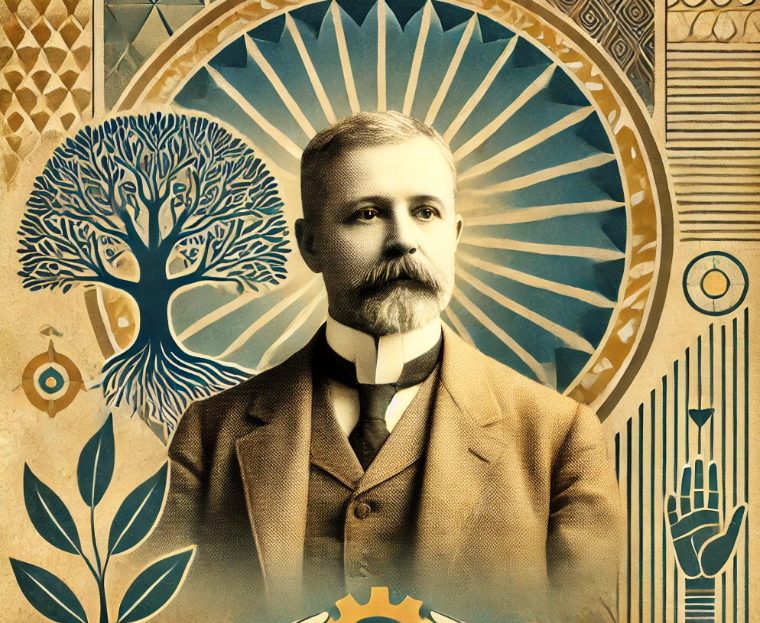At Fellowship House, we strive to honor the enduring contributions of influential thinkers in psychology, especially those whose ideas resonate deeply with the work we do in substance use disorder (SUD) treatment. Today, we tip our hats to Alfred Adler, a pioneering figure often overlooked in discussions of early psychology dominated by names like Sigmund Freud and Carl Jung.
Adler’s work laid the groundwork for some of the most effective tools still used in therapeutic practices today, particularly in the treatment of SUD. His emphasis on the therapeutic alliance—the engagement between clinician and client—stands as a cornerstone of our approach. In substance use treatment, this is uniquely expressed through the judicious use of clinician self-disclosure, creating an empathetic and relatable connection while maintaining professional boundaries.
Adler’s Four Pillars in SUD Treatment
Adler’s framework of therapeutic engagement, assessment, fostering insight, and reorientation remains profoundly relevant:
1. Engagement and Therapeutic Alliance
Adler was one of the first to emphasize the importance of a trusting relationship between clinician and client. This foundation of therapeutic engagement creates the safety necessary for individuals to examine the root causes of their behaviors.
2. Assessment of Psychological Dynamics
Adler pioneered the assessment process that examines childhood history and biopsychosocial influences. This approach remains central to understanding the severity of substance use disorders and their effects on the family system, or what Adler called the “family constellation.” At Fellowship House, we carry forward this tradition in our comprehensive assessments, understanding that early experiences and relationships shape an individual’s patterns of thought and behavior.
3. Fostering Insight
For Adlerians, fostering insight is critical—and it’s no less so in recovery. In SUD treatment, moments of revelation often act as the catalyst for meaningful change. These insights challenge a person’s private logic—those deeply held beliefs, often unexamined, that guide behavior. Through group therapy, private logic is gently but directly brought to light and tested within a trusting community. This process allows for a shift in perception, opening the door for recovery to flourish.
4. Reorientation and Reinforcement
Insight alone isn’t enough; Adler emphasized the importance of reorienting one’s goals and reinforcing healthier ways of living. At Fellowship House, this phase often aligns with the final stages of a treatment plan, where purposeful goals—such as establishing security, belonging, and motivation through social interests—become the focus. Adler’s idea of “fictional finalism,” the notion that individuals are guided by their goals, whether realistic or not, inspires us to help clients develop positive, achievable purposes in their recovery journey.
Challenging Private Logic in Recovery
A unique strength of Adler’s approach, and one we see echoed in group therapy, is the power of challenging private logic. Often, these hidden narratives go unexamined, perpetuating destructive cycles. In a trusting group setting, exposing and challenging these beliefs can create profound shifts in worldview. These moments—when an individual realizes that their guiding perceptions are flawed—become the poetic “wake-up call” that fuels transformation.
Adler’s Legacy in Modern Recovery
Adler’s emphasis on security, belonging, and purposeful goals continues to guide therapeutic practices at Fellowship House. His insights into human motivation and social connectedness resonate deeply in recovery communities, particularly within the framework of 12-step programs and other peer-based support systems.
Today, as we reflect on the roots of our approach, we honor the legacy of Alfred Adler. His pioneering work remains an integral part of modern recovery, reminding us that by fostering insight, challenging beliefs, and building community, we can empower individuals to reimagine their lives and embrace the possibilities of lasting change.
